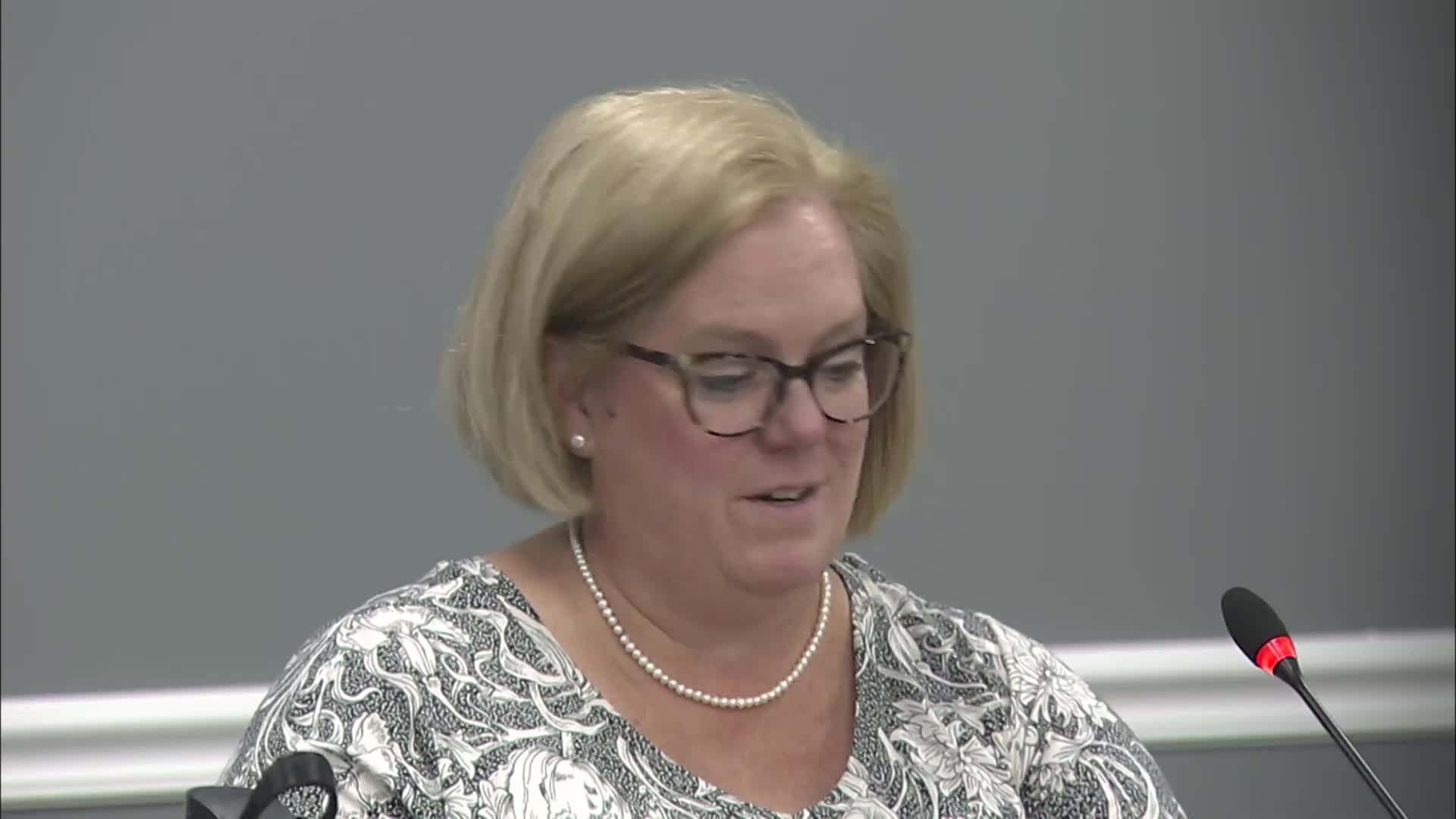North Penn finance staff projects $10 million–$12 million surplus; enterprise funds report operating profits
Get AI-powered insights, summaries, and transcripts
Subscribe
Summary
Finance staff told the North Penn School District Finance Committee the district is trending to a healthy surplus for 2024–25, with enterprise funds (food service, extended care, community education) showing modest profits; staff flagged timing issues in reporting software and transfer-tax receipts.
Tara Hauser, finance staff for North Penn School District, told the Finance Committee the district’s revenue and expense projection “is showing a healthy surplus going into audit.”
Hauser said she does not expect many audit adjusting journal entries and that the district will likely “land somewhere in the $10 million to $12 million surplus range for the end of the 2024–25 school year.” She cautioned that the posted reports for June are delayed because the district upgraded its eFinance Plus software in July and the upgrade disrupted some report templates. “The data’s all there. It’s just the the reporting module is looking at the data differently,” Hauser said.
Hauser said the district’s revenue as a percent of budget for May was essentially level year over year, at about 99% of budgeted revenue. Earned income tax (EIT) collections for May were reported at about $4.6 million year-to-date, roughly $500,000 higher than the comparable prior period.
Real estate transfer tax receipts were described as “a little soft,” which Hauser attributed to high mortgage interest rates slowing the real estate market. Committee members asked whether transfer-tax reports are current; Hauser said there is a lag in processing, typically a matter of weeks to a couple of months.
On investments, Hauser said the district has been able to obtain certificate-of-deposit rates “over 4%” and gave an example of a CD rolled at 4.16% that matured Aug. 1. She said the district holds funds at what she referred to as Tremark Bank earning about 4.6% and that roughly $51 million is deposited there.
Enterprise funds—district programs that operate like businesses—were reported as profitable for May. Hauser said school nutrition (cafeterias) showed approximately $1.3 million, extended school care about $150,000 and community education about $66,000. She said most of those surpluses are reinvested in the programs for equipment and maintenance rather than treated as general‑fund revenue.
Hauser said the district is reviewing cafeteria equipment needs and considering whether to hire specialized trade staff for repairs (ovens, slicers, refrigeration) rather than relying on existing maintenance staff. On capital projects, Hauser reported the district has encumbered about $20 million and holds roughly $28 million in cash for current projects. By policy, the district must maintain a budgetary reserve of $1.4 million; Hauser said about $94,000 has been drawn from that reserve as of May.
Hauser also addressed an earlier question about tax-collector timing, saying the district’s agreement requires collectors to transfer funds within a short window after deposit—she referenced “33 days or 72 hours” in response to a committee query about expedited transfers.
Committee members said most action items from the facilities meeting will come to a future action meeting and work session for further consideration.
